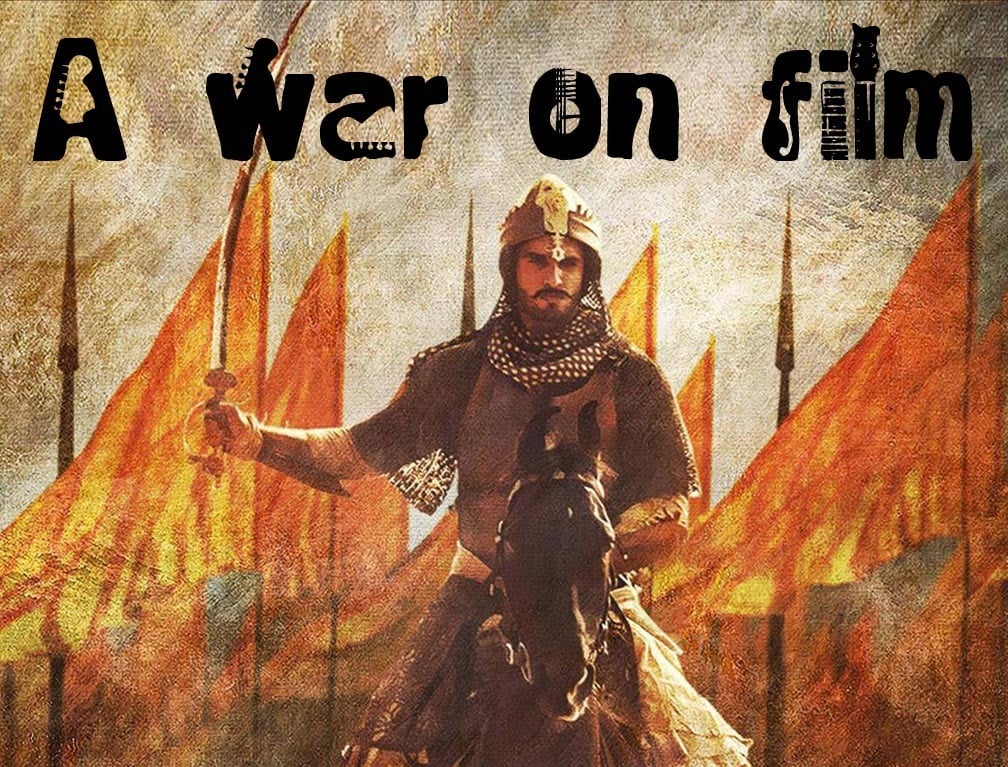
Focusing on the act of fighting a nationalistic war through films between India and Pakistan

Ironic as it may seem, the self-imposed ban on Indian films by the Pakistani cinema owners was lifted after 11 weeks, sometime in the third week of December last. In the tense situation on the borders after the Uri attack, this was a retaliatory ban, placed after the Indians had imposed again a self-imposed ban on Pakistani artistes working in Indian films.
The situation in Pakistan is a little fluid with the cinemas showing the films they already bought and the new films still not being shown. But the fact that they have withdrawn the ban is a sign of hope as a similar ban imposed the last time had lasted about 43 years.
While the ban on Indian films may have been lifted on the Pakistani side and one hopes to see new productions in cinemas soon, all the other bans (even on cartoons dubbed in Hindi) are still there. The entire exercise, of fighting a nationalistic war through films and other cultural exchanges, on both sides of course, looks so futile that it merits a discussion.
Our Special Report today takes into account only the film exchange between the two countries. The death of Om Puri has only brought the issue into sharp focus. There is mourning over the passing away of a genuine artiste and mourning too over how this activist of peace, that all artistes are, has been dragged into unnecessary controversies.
We have tried to refresh people’s memories by recalling the contributions made to Bollywood by people from this region, just so there is reiteration of this shared ownership. There is a resolve that we will enrich each other as separate countries as much as we did when we were one. We can’t be neighbours and enemies forever. It’s the arts that unite us and no political bickering, no claims of geography, should be allowed to separate the arts.
Read also: A war on film